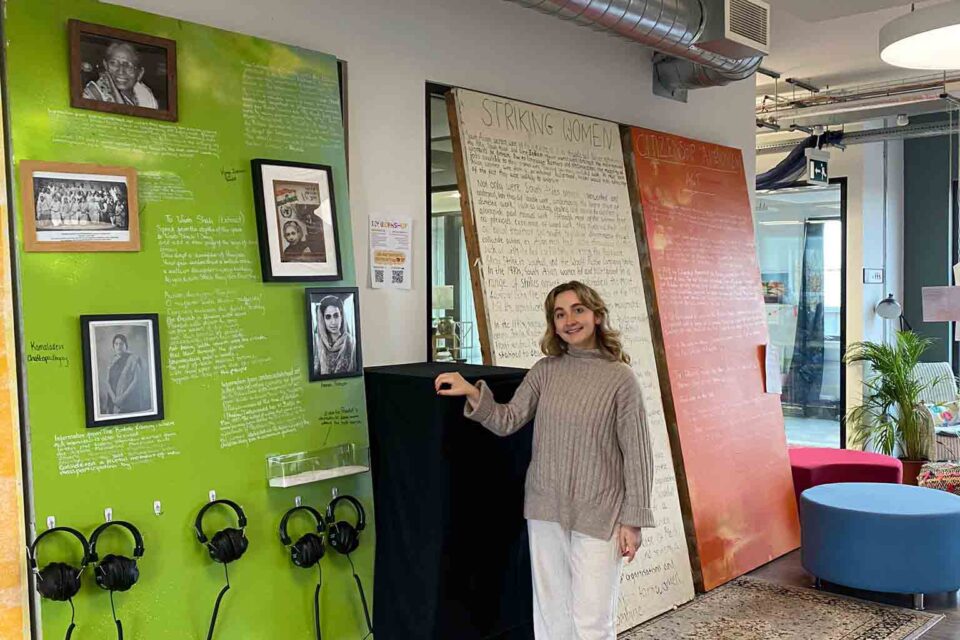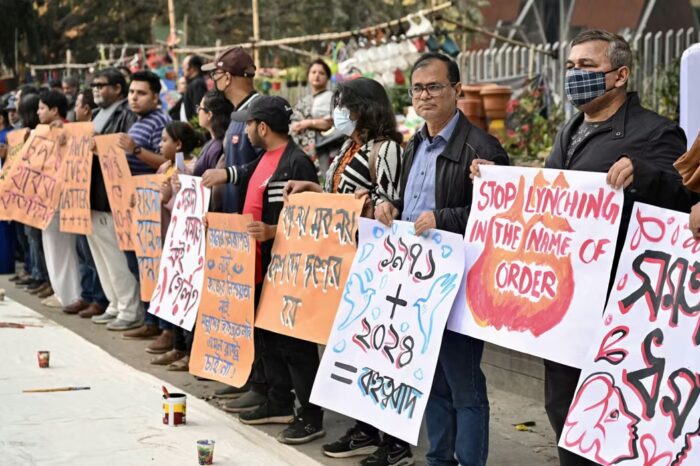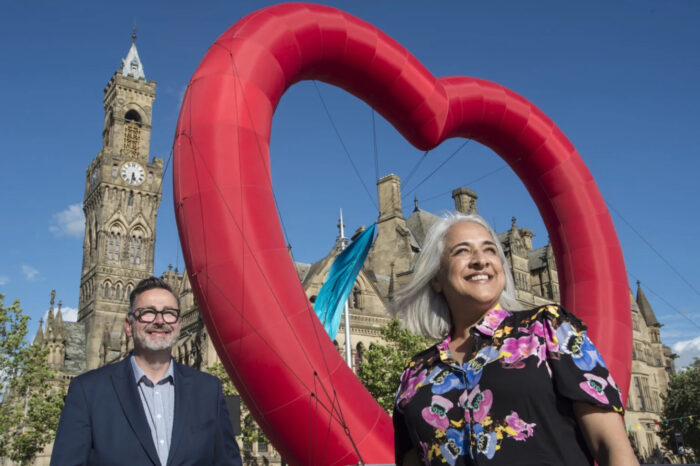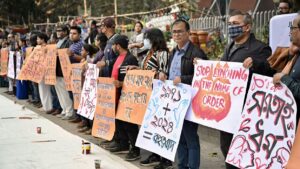Southall to host interactive exhibition showcasing the history of dissent by British Indian women
Posted On November , 2024

Trending Now
Hindu businessman attacked and set on fire in Bangladesh
January , 2026








